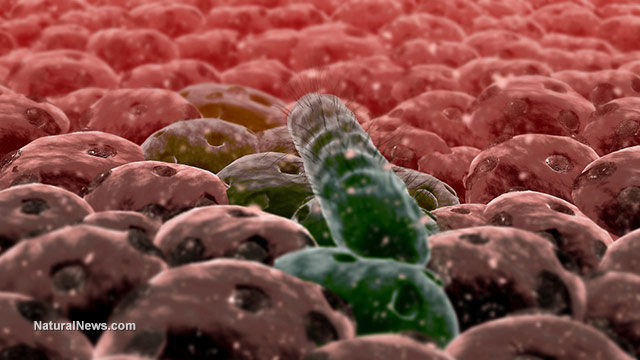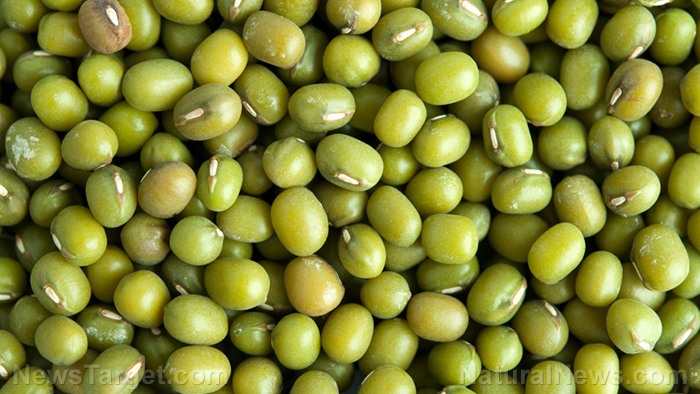Power up: Caffeine supplementation found to boost the performance of combat sport athletes
03/20/2019 / By Michelle Simmons

Researchers have found another supplement ideal for athletes: caffeine. A systematic review published in the Journal of the International Society of Sports Nutrition has determined that caffeine supplements can improve strength, power, and endurance in combat sports athletes.
For the review, researchers from Spain and the U.S. looked at nine studies published since 2010 that evaluated the effect of caffeine on the performance of athletes in combat sports. The studies examined 109 participants in total: 42 were Brazilian jiu-jitsu athletes, 33 were taekwondo athletes, and 34 were judo athletes. The studies examined caffeine at doses of 3 milligrams per kilogram (mg/kg), 4 mg/kg, 5 mg/kg, and 6 mg/kg at different times before exercise testing.
Six of these studies presented a positive correlation between caffeine, physical performance, stamina, and recovery. The researchers found that caffeine doses of 3 to 6 mg/kg have been linked to increased glycolytic activity or breakdown of glucose during the execution of real or simulated combats. Caffeine intake increased hand grip strength, maximum bench press reps, and kick reaction speed compared to placebo.
Unlike other workout supplements such as creatine, caffeine does not promote weight gain. This makes it a great supplement for combat sports athletes who have the same energy requirements as other athletes, but their calorie intake is restricted because they need to stay in their weight class.
Other studies on caffeine as a workout supplement
Many studies have shown that caffeine effectively improves exercise performance. There are studies that have shown that pure caffeine can help endurance athletes run faster and cycle for longer. Other studies have shown that it can help footballers sprint more often and over greater distances, and basketball players to jump higher. There is some evidence that it can also improve the accuracy of tennis players and golfers in hitting the ball. Lastly, it can also help weightlifters lift heavier weights.
How caffeine works
Caffeine is easily absorbed into the bloodstream, and peaks after 90 to 100 minutes of consumption. For three to four hours, caffeine levels remain high and start to drop after. Caffeine affects the body in different ways.
In the nervous system, caffeine stimulates areas of the brain and nervous system to enhance focus and energy, at the same time, reducing tiredness. Caffeine also affects adrenaline and endorphins, as well as the motor cortex, which is the area of the brain that signals muscle activation. Moreover, caffeine can enhance the body’s fat-burning ability and increase thermogenesis or heat production, which aids you to burn more calories.
If you are planning to supplement with caffeine, the recommended dose of caffeine anhydrous varies by body weight, but is usually around 200 to 400 mg, one hour before a race or event. This can help maximize performance benefits. If you consume caffeine through caffeinated food and drinks like coffee or dark chocolate, the benefits may not be as great as those from supplements.
Do not take too much caffeine. Too much of anything can do more harm than good. Consuming excessive amounts of caffeine can cause side effects such as anxiety, dizziness, increased heart rate, insomnia or other sleep problems, irritability, stomach discomfort, tremors, and restlessness.
Visit SupplementsReport.com to learn more about other workout supplements.
Sources include:
Tagged Under: Athletes, athletic performance, athletics, caffeine, combat sports, endurance, exercise, fitness, nutrition, sport performance, sport supplements, supplements




















